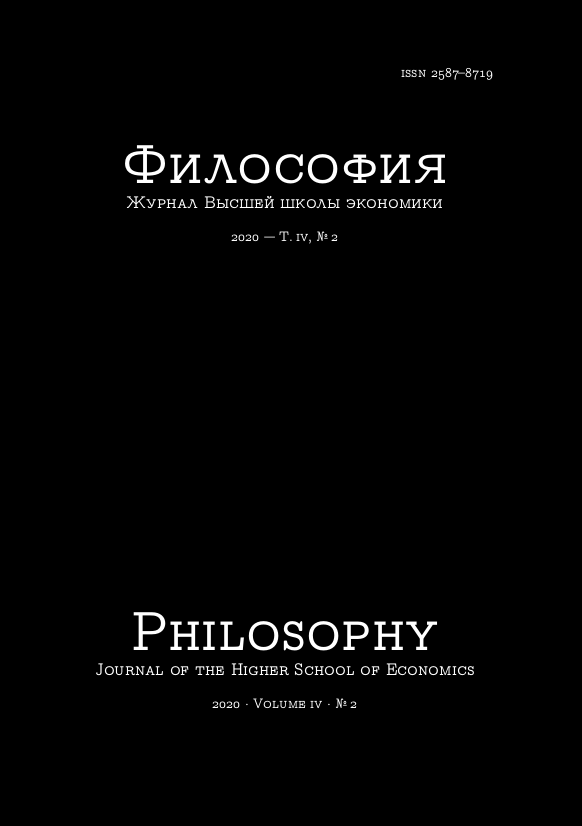А.И. Герцен в истолкованиях Г.В. Флоровского и концепция истории русской философии в «Путях русского богословия»
Аннотация
А.И. Герцену (1812–1870) были посвящены две большие работы выдающегося историка русской мысли и богослова Г.В. Флоровского (1893–1979): его диссертация, защищенная в Праге в 1923 г., и подготовленная к 1928 г. на ее основе, подвергнувшись существенной переработке и дополнению, книга. На первый взгляд выбор Герцена в качестве предмета специальных разысканий выглядит в рамках интеллектуальной биографии Флоровского случайным. Однако, чем бы ни был обусловлен первоначальный выбор темы — обстоятельствами места и времени, доступной в условиях эмиграции литературой и т.д. — он превратился в инструмент размышления над центральными проблемами истории русской философии, а концепция, выстроенная в рамках диссертации и существенно уточненная и развитая в книге, стала «рабочими лесами «Путей русского богословия», главной книги Флоровского, написанной в 1930–1936 гг. В данной статье мы стремимся показать, что история русской философии понимается Флоровским в 1920-е, а отчасти и в 1930-е годы, как сначала усвоение романтической философии, а затем обнаружение тупиков последней. Романтизм понимается Флоровским как протест против «логического провиденциализма», хилиастического взгляда, стремящегося истолковать историю как логическое развертывание изначального смысла. Соответственно, романтизм проявляется, в том числе и в рамках индивидуальной интеллектуальной биографии, как «индивидуалистический бунт, отстаивание личного смысла и значения, и, в силу иррациональных (страстных) оснований последнего — в утверждении «иррационализма», который оказывается совместимым с «натурализмом», осмыслением истории как «естественного процесса» (способом снятия противоположности «природы» и «культуры» в рамках романтического предпочтения первой). Переходом здесь выступает понятие «судьбы», понятой как «рок» (в истолковании XIX века). Герцен осмысляется Флоровским как ключевая фигура этого интеллектуального движения, проходящего весь этот путь до конца, благодаря своей интеллектуальной честности и бесстрашию перед неудобными выводами. Тем самым у него обнажаются «тупики романтизма», одним из вариантов решения которых предстает К.Н. Леонтьев, как делающий решительный выбор в пользу «эстетизма» (и, соответственно, бессмысленности, неоправдываемости истории с точки зрения веры), тогда как Ф.М. Достоевский либо, в ранних версиях интерпретации Флоровского, выходит за пределы «тупиков романтизма», либо, в поздних, нащупывает путь их преодоления.






